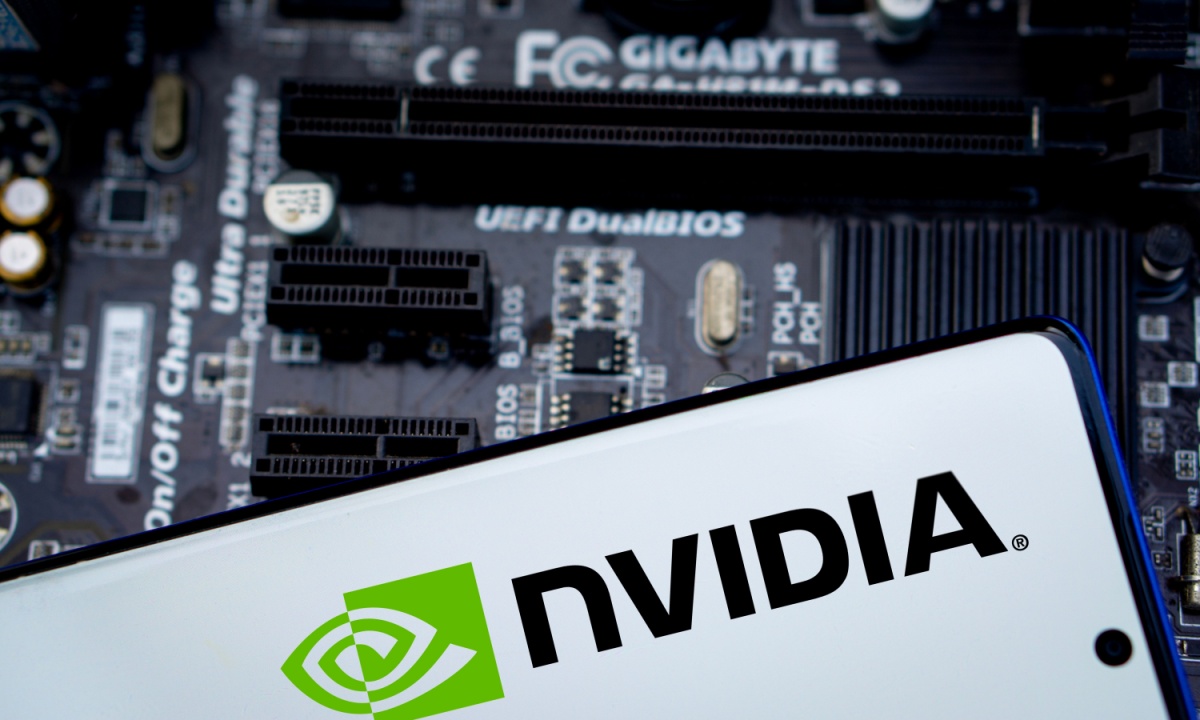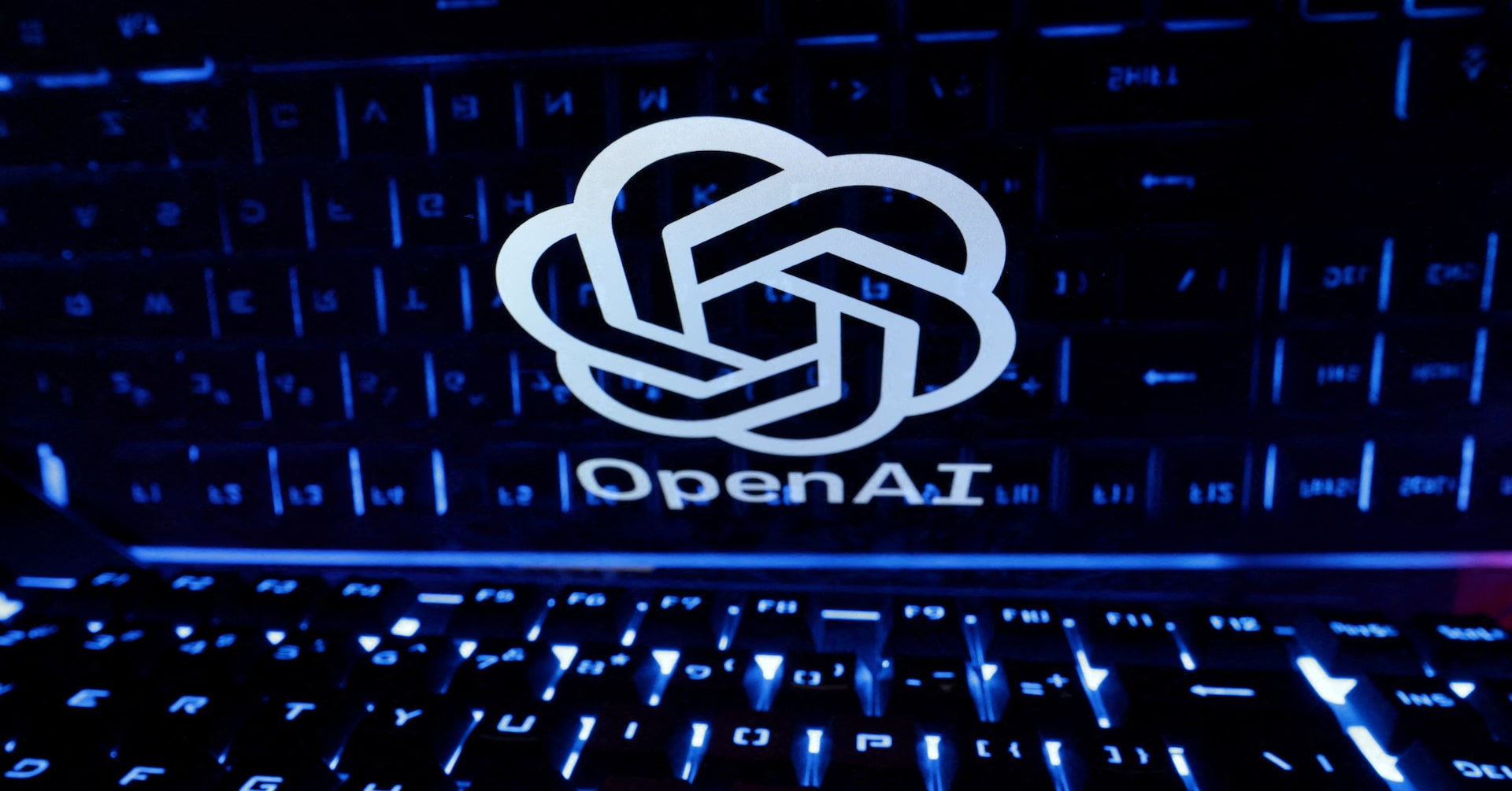
Nvidia is intensifying its position in the global race to lead artificial intelligence (AI) development, announcing the release of more than 70 new research papers that reveal groundbreaking work in the fast-evolving technology sector. This substantial body of research reflects Nvidia’s deep investment in AI innovation, with contributions ranging from robotics and machine learning to computational biology and graphics.
The papers were released ahead of the upcoming Conference on Computer Vision and Pattern Recognition (CVPR) 2025, one of the world’s premier AI and machine learning conferences. Nvidia’s broad portfolio of research underscores its mission to advance AI applications through deep scientific exploration and robust engineering solutions.
Many of the featured research initiatives focus on practical implementations of AI that can revolutionize real-world applications. These include improvements in language models, enhanced computer vision capabilities, scalable deep learning infrastructure, and strides in reinforcement learning. Notably, Nvidia’s work touches on how AI models can be made more efficient by optimizing the computational processes behind them — a move that could lower the cost and energy demands of running large-scale AI systems.
Robotics is also a key area of focus, with Nvidia researchers presenting novel methods that enable robots to learn more effectively from their environment, improving autonomy and adaptability. In graphics, Nvidia scientists showcase advancements in neural rendering—blending traditional rendering with AI-powered techniques to produce realistic images at faster speeds and with fewer resources.
According to Nvidia, the scale and diversity of the research papers demonstrate the company’s commitment to broad AI development that goes beyond its hardware dominance, particularly through graphics processing units (GPUs) widely used for AI workloads. By contributing significant academic research, Nvidia is also positioning itself as a leader in shaping the theoretical and practical advancement of AI.
The release of the 70-plus papers represents not just Nvidia’s growing role in the AI ecosystem but also the rapid pace at which AI research is evolving globally. As demand for smarter, faster, and more ethical AI grows, such research will be crucial in shaping the next generation of intelligent systems and technologies.
Source: https:// – Courtesy of the original publisher.








